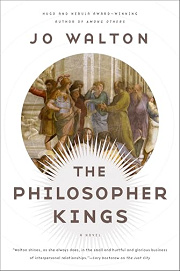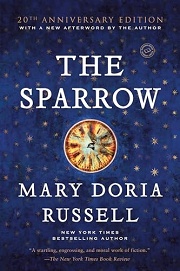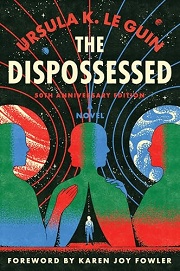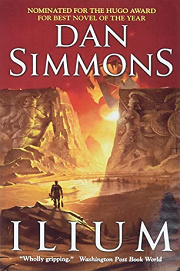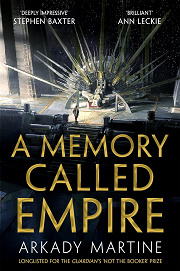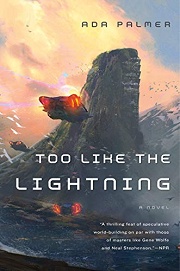Share your thoughts in a quick Shelf Talk!
The Philosopher Kings by Jo Walton
Years after a bold experiment made ancient philosophy real, a fragile peace shatters—and scholars, gods, and mortals must reckon with what it truly means to build a just world. Thoughtful, witty, and humane, The Philosopher Kings explores grief, faith, and the price of ideals in a vividly reimagined classical age.
Have you read this book? Share what you liked (or didn’t), and we’ll use your answers to recommend your next favorite read!
Love The Philosopher Kings but not sure what to read next?
These picks are popular with readers who enjoyed this book. Complete a quick Shelf Talk to get recommendations made just for you! Warning: possible spoilers for The Philosopher Kings below.
In The Philosopher Kings, did you enjoy ...
... rigorous, faith-charged ethical debates about suffering, consent, and culture?
The Sparrow by Mary Doria Russell
If you were gripped by Apollo-as-Pythias questioning what justice requires after Simmea’s death and by Arete pushing back during the voyage to recover stolen art, you’ll be right at home with the Jesuit mission in The Sparrow. Father Emilio Sandoz’s encounter with the alien culture of Rakhat forces the same kind of searching, uncomfortable inquiry into moral responsibility and unintended harm that animates the arguments on the Just City’s ship and in its councils.
... the social‑science lens on how utopias fracture and reform through competing ideals?
The Dispossessed by Ursula K. Le Guin
If the schism of the cities and the sea journey to reclaim art in The Philosopher Kings made you ponder how a ‘just’ society actually functions, The Dispossessed will resonate. Like the debates between Pythias, Maia, and Arete over what the cities owe each other, Shevek’s life between Anarres and Urras scrutinizes property, freedom, and obligation—less about gadgets, more about people, culture, and the fragile machinery of ideals.
... Greek gods entangled with far‑future technology and literary-philosophical play?
Ilium by Dan Simmons
If you loved seeing Athena and Apollo intervene directly in mortal arguments—and how their presence reframes ethics and history—Ilium turns that delight up to eleven. It fuses a reenactment of the Iliad with posthuman science, letting gods and advanced beings collide in ways that echo the Just City’s divine entanglements and its erudite nods to classical texts and ideas.
... the cultural tug‑of‑war between small polities and sprawling empires, fought through art, language, and law?
A Memory Called Empire by Arkady Martine
If the clashes between the splintered cities and the Remnant—especially the arguments over who ‘owns’ art and which laws bind whom—hooked you, A Memory Called Empire offers that same charged cultural friction. Mahit Dzmare’s struggle to keep her tiny station’s identity intact inside the seductive Teixcalaanli empire mirrors the Just City’s battles over assimilation, legitimacy, and the stories a civilization tells about itself.
... dense, provocative thought experiments embedded in a high-stakes narrative?
Too Like the Lightning by Ada Palmer
If the way The Philosopher Kings weaves Socratic argument into a treasure-hunt voyage—Pythias debating Arete on virtue one moment, confronting the consequences of stolen masterpieces the next—made you light up, Palmer’s novel delivers a similar intellectual high. Mycroft’s confessional narration, political salons, and fierce disputes about providence and social order scratch the same itch for idea-dense storytelling with real plot momentum.
Unlock your personalized book recommendations! Just take a quick Shelf Talk for The Philosopher Kings by Jo Walton. It’s only a few questions and takes less than a minute.
